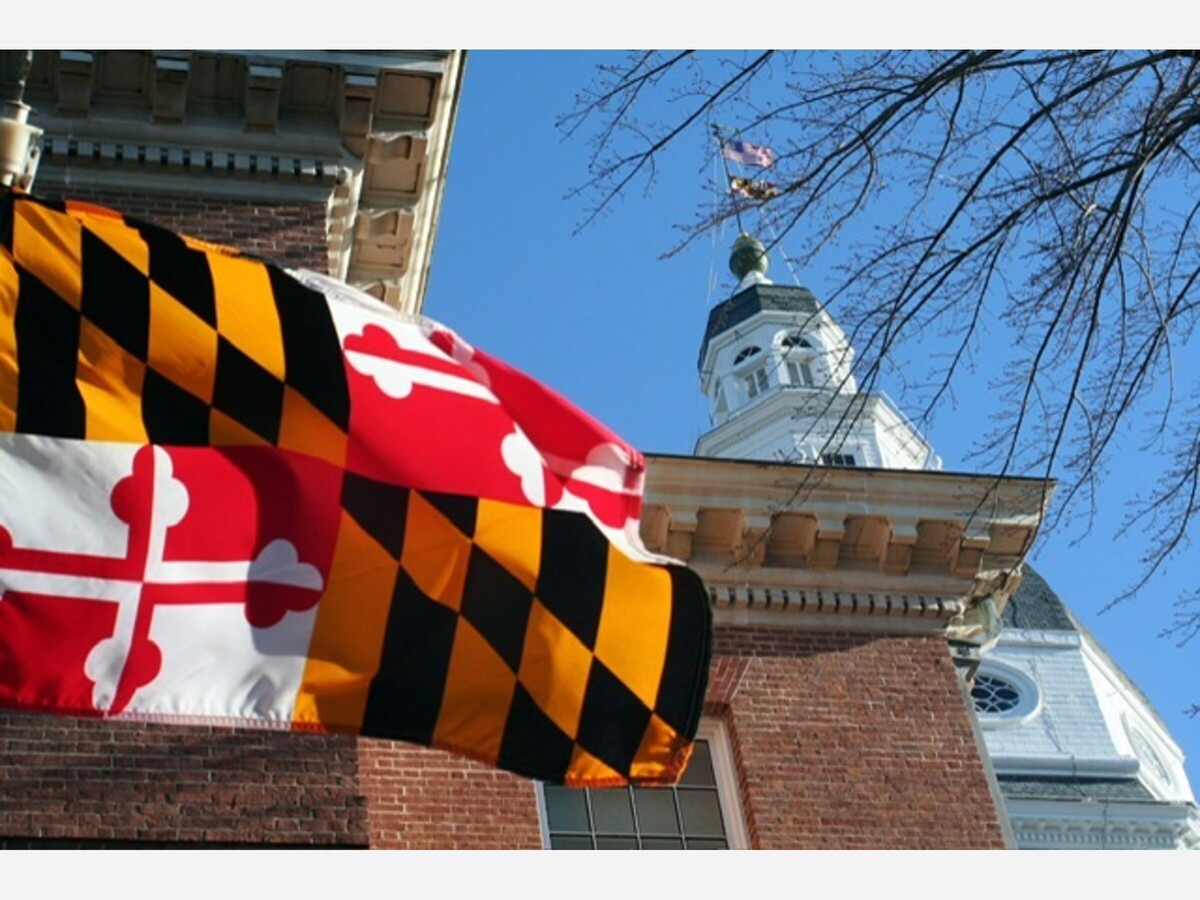Image

Here are the new laws going into effect Saturday in Maryland
Here's an overview of some of the most notable new laws in Maryland.
Author: Brittney Melton, Alanea Cremen
WUSA 9
MARYLAND, USA — As we enter the halfway point of the year, new Maryland laws will go into effect and impact the lives of residents. This includes legislation that places students with disabilities in programs that meet their individual needs and cannabis reform.
Earlier this year, the Maryland General Assembly passed more than 300 laws that officially go into effect on July 1, 2023.
House Bill 16 requires each public school to provide information to students, faculty, staff and parents regarding who serves as the Title IX coordinator for the school, the process in place for filing a sexual misconduct complaint, and the support measures that are in place for filing a sexual misconduct complaint and how to access the support measures.
House Bill 185 prohibits the State Board of Education from issuing a certificate of approval to noncollegiate educational institutions that do not have a policy prohibiting the administration of corporal punishment. This change requires regulations adopted by the State Board for the registration of family child care homes and large family child care homes and the licensing and operation of child care centers to prohibit corporal punishment.
House Bill 406 makes it so that a person who is not required to be licensed or permitted under certain provisions of law to obtain a free Department of Natural Resources identification number before using a snare, a trap, or another similar device to capture wildlife.
House Bill 556 establishes a regulatory and licensing system for recreational, adult-use cannabis. There will also be sales and use tax of 9% imposed on the sale of cannabis. Medical cannabis licenses will be converted to licenses to operate a medical and adult-use businesses.
House Bill 384 prohibits higher education institutions from refusing to provide a current or former student with a transcript or taking other punitive measures regarding a student's transcript request due to the student owing a debt to the establishment.
House Bill 505 establishes that an elevator installed in a privately owned single-family residential dwelling on or after Oct.1, 2023, is subject to certain inspection and registration requirements. It is also prohibited for the Commissioner of Labor and Industry to disclose to the public any information regarding a registered elevator unit installed in a privately owned single-family residential dwelling.
House Bill 333 develops requirements related to the reimbursement of out-of-pocket costs paid by certain hospital patients who were eligible for free care. The Commission will be authorized to impose a fine of up to $50,000 per violation if a hospital fails to provide refunds to qualifying patients; making a violation of the Act an unfair, abusive, or deceptive trade practice subject to penalties under the Maryland Consumer Protection Act; etc.
House Bill 232 alters the definition of neglect to specify that the use of cannabis by any parent or guardian is not considered neglect unless a child, or their welfare, is harmed as a direct result.
House Bill 815 requires insurers, nonprofit health service plans, and health maintenance organizations to provide coverage for certain lung cancer diagnostic imaging and limits the copayment, coinsurance or deductible that companies can require for screening and diagnosis.
House Bill 1219 alters the qualifications for early childhood education teacher certification through an alternative teacher preparation program. The State Department of Education will consult with the Maryland High Education Commission to create specific goals for the recruitment and rention of teachers. Additionally, it will require that "high staff qualifications" for publicly funded eligible prekindergarten providers must be implemented by the 2027-2028 school year.